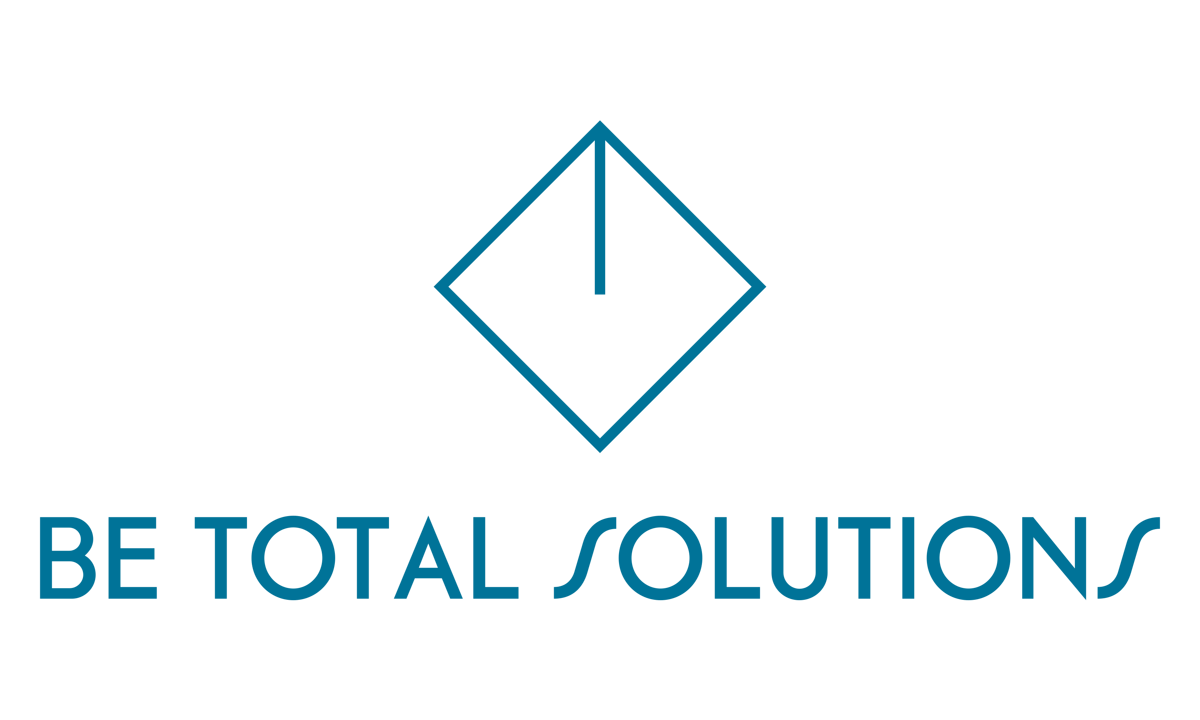From Crisis to Growth: How Businesses Can Thrive in Uncertain Markets
Economic downturns often feel like a time to pull back, but history has shown that companies that invest strategically during these times are the ones that come out ahead. It’s not just about spending more money—it’s about making smart investments in the areas that matter: your core KPIs, aligning marketing and product strategies, and most importantly, nurturing relationships with your customers. Let’s explore how businesses—both big and small—can thrive during periods of uncertainty by focusing on what truly drives growth.

History Repeats Itself: The Companies That Invest Strategically Win
When it comes to thriving during economic downturns, the data speaks for itself. Companies that maintain or increase their marketing efforts during a recession are positioned to grow their market share significantly once the economy recovers. A study from Harvard Business Review found that businesses that kept their marketing budgets steady during recessions gained a 3.5% market share advantage over competitors that cut their budgets. This advantage proves that staying visible and engaging with customers during tough times can make all the difference when markets bounce back.
Let’s take a closer look at Procter & Gamble during the Great Depression. Yes, they continued to advertise, but they were highly strategic about it. Instead of merely throwing money into traditional advertising, P&G focused on promotional campaigns that built long-term relationships with consumers. They gave away free products like soap through radio shows, using emotional storytelling to connect with their audience in a more personal way. For example, P&G sponsored the popular radio show "Ma Perkins," weaving their products into relatable stories that resonated deeply with families. By doing this, they built brand loyalty that lasted long after the Depression ended. Their marketing was more targeted and cost-efficient, focusing on what their audience needed most, and it worked. It became such an integral part of the show, that it was even referred to as "Oxydol's Own Ma Perkins."
Actionable Insight: The lesson here is that businesses don’t need to increase their marketing budgets indiscriminately—they need to be smarter about how they allocate their resources. This is a moment to focus on high-value content that resonates with your audience. You can offer educational webinars, run promotional campaigns that solve a problem for your customers, or share value-driven social media content that addresses their current pain points. Staying consistent with your brand and messaging while showing empathy can strengthen customer relationships, positioning you to reap the benefits when the economy turns around.

Business Is Changing: Growth Opportunities for Agile Players
While large corporations often find it difficult to pivot quickly, smaller and more agile companies are seeing growth opportunities, especially during uncertain times. These businesses are able to realign their strategies and focus on their core values, often gaining market share while larger companies are bogged down by slow decision-making and cutting essential resources.
A 2021 study from McKinsey shows that companies that stayed agile and adapted their strategies to focus on core KPIs and customer relationships saw growth during downturns. For example, companies that realigned their product and marketing strategies during the 2008 recession were able to retain up to 30% more customers than those that slashed marketing or ignored changing customer needs.
A great example of this is Mailchimp, which continued to focus on customer experience and innovation during the 2008 recession. While many companies were cutting marketing teams, Mailchimp doubled down on providing a seamless user experience and introducing free plans for small businesses. They focused on their core audience—small business owners—and provided value during tough times. This strategy helped them grow their user base significantly, positioning them for the massive success they experienced post-recession.
Engagement Insight: Now is the perfect time for business leaders to reevaluate their KPIs and core values. Are you focusing on the metrics that truly drive growth? Take this opportunity to step back and align your goals with your long-term mission. Ask yourself, are you supporting the right customer segments? Are you delivering the most value where it counts? Sometimes, realigning your focus will reveal new opportunities that may have been previously overlooked. Staying flexible and attentive to these shifts is what will help businesses thrive.

Prioritize Core KPIs for Scalable Growth: The BETS Approach
In uncertain times, focusing on the right KPIs is crucial for sustainable growth. The BE Total Solutions (BETS) approach offers a framework for businesses to zero in on what matters most. BETS stands for:
- Brand: Maintain and enhance brand equity by remaining consistent in your messaging.
- Experience: Ensure a seamless customer experience, even when resources are tight.
- Targeting: Hone in on the most valuable market segments and adjust messaging to fit their needs.
- Strategy: Align both marketing and product strategies with core KPIs to drive long-term success.
Companies that apply this approach stay focused on providing value and consistency, which in turn builds loyalty and trust with their customer base. Take Patagonia, for instance. Even during economic slumps, Patagonia has remained committed to their values of environmental responsibility and high-quality products. They’ve stayed true to their brand messaging while continuing to deliver a strong customer experience, which has helped them maintain an incredibly loyal customer base. By targeting the right audience—those who value sustainability—they’ve been able to thrive, even when broader retail markets have struggled.
Actionable Insight: The BETS approach is about prioritizing your efforts where they’ll have the most impact. Start by focusing on your brand’s core values and the experience you deliver to your customers. Next, identify your most important market segments and double down on efforts that engage them directly. This might mean creating personalized content or refining your customer journey to improve retention. Make sure your marketing and product teams are aligned, so that every initiative contributes to your core KPIs.
/GettyImages-656561452-19abbaf7ee834cbeace5ae6160a65fde.jpg)
The Crucial Role of Leadership: Lessons from History
Leadership in uncertain times requires focus, vision, and the ability to make tough decisions while staying true to your company’s values. The best leaders inspire their teams to innovate and look for new opportunities, even when the road ahead seems uncertain. As we’ve seen with figures like Franklin D. Roosevelt, strong leadership doesn’t just keep the ship afloat—it inspires action and resilience.
One of FDR’s most famous quotes during the Great Depression, “The only thing we have to fear is fear itself,” served as a powerful reminder that panic only breeds more problems. His leadership style, focused on calm, clear communication and long-term vision, gave people a sense of hope and direction when it was most needed.
In the business world, leaders like Howard Schultz of Starbucks provide a great example of turning things around during tough economic times. When Schultz returned to the helm during the 2008 recession, he recognized that Starbucks had overextended itself. Instead of chasing growth for the sake of it, he made the hard choice to close underperforming stores and refocus the brand on delivering the best customer experience possible. This decision, paired with a renewed focus on employee training and core values, allowed Starbucks to thrive in the years following the recession.
Engagement Insight: Business leaders today should take a page from Schultz and FDR: focus on communicating your vision clearly and keeping your team aligned with the company’s mission. Now is the time to lead by example and make strategic, thoughtful decisions that will set your company up for success. Empower your team to reflect on the company’s mission, and bring them into the process of realigning your goals with the realities of today’s market. Strong leadership now will pay dividends in the future.
Conclusion: Thrive with Strategic Focus
Uncertain markets don’t have to mean the end of growth. By focusing on marketing, brand-building, and customer relationships, businesses of all sizes can emerge stronger when the market recovers. Strategic investment, clear leadership, and a focus on the core KPIs that matter most will help you not just survive but thrive.
If you’re ready to realign your strategy and position your business for success, visit my website or message me on LinkedIn to explore how the BE Total Solutions approach can help you grow and build lasting customer relationships, no matter the market conditions.
